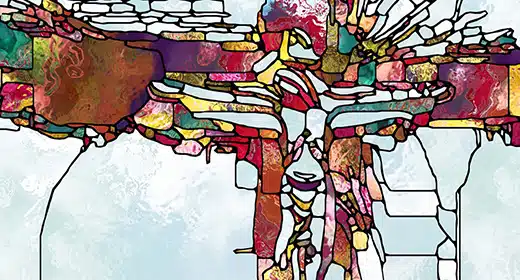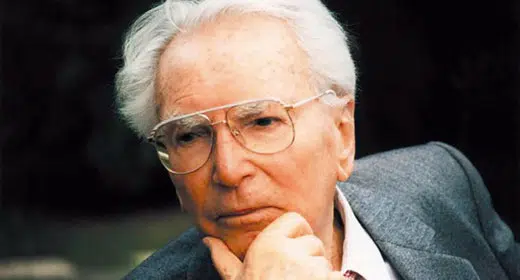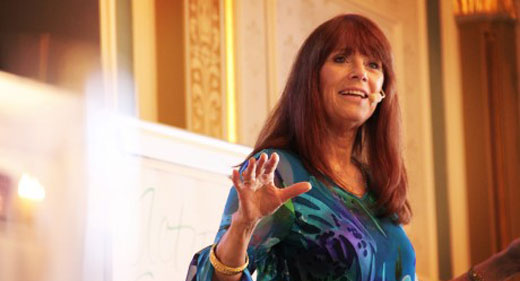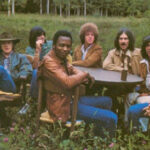by Karen Maezen Miller: We say, “A good father is not a good father.” Do you understand? One who thinks he is a good father is not a good father. — Suzuki Roshi
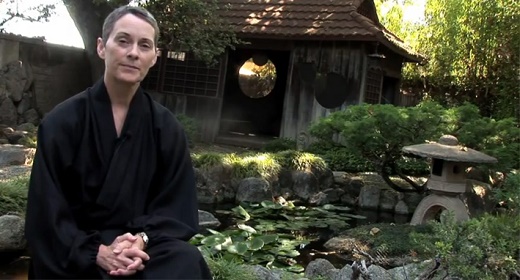
The quote above is often misunderstood. How do you understand it? I’ll answer for you from my own experience. One who thinks she is a good mother is not a good mother.
Zen can sound like doublespeak, but it’s always as plain as plain can be. When you think “good,” that is not good. The moment you step back from total involvement in living life as it is and go up into your judging mind to evaluate it, you are completely mistaken. Do you know that place? Have you ever judged yourself to be comfortably ahead of the game? Or woefully behind? With an edge, an advantage, a method, or for that matter, a reason, excuse or handicap? Maybe you think all those things in a single day! When you indulge in either self-congratulation or self-criticism you are no longer present. You might even say you are no longer alive. Dead fathers are not good fathers.
One who thinks he is one of the worst may be a good one if he is always trying with a single-minded effort.
I have a teenager now, as if it isn’t obvious. And in the course of writing, however vaguely, about what I am experiencing, I hear from kind-hearted people of a venerable cast, folks who have a longer view of the road we tread. They tell me about inexplicable disappointments and deep sorrows, happy turnabouts, miraculous resolutions, and ultimate acceptance of what they didn’t know then and couldn’t have guessed would happen in a million years. Life is a tricky business, and no one knows how it will go. We all know this, and yet we don’t. Not until the illusion shatters.
From where I stand now it seems a parent’s learning curve goes like this: it starts out hard then it gets easier, and then hard, then harder, then quite a bit harder, then much harder. Humility is the face of love.
The people I take comfort from are the humble ones. They are quiet but outnumber the prideful ones a billion to one.
So how do we conduct ourselves without attaching to good or bad? I like this story about the 20th century Thai Buddhist teacher Ajahn Chah who was giving a talk on impermanence. He could be talking about anything.
Before saying a word, he motioned to a glass at his side. “Do you see this glass?” he asked. “I love this glass. It holds the water admirably. When the sun shines on it, it reflects the light beautifully. When I tap it, it has a lovely ring. Yet for me, this glass is already broken. When the wind knocks it over or my elbow knocks it off the shelf and it falls to the ground and shatters, I say, ‘Of course.’ But when I understand that this glass is already broken, every minute with it is precious.”



